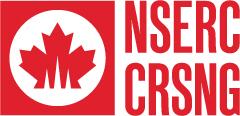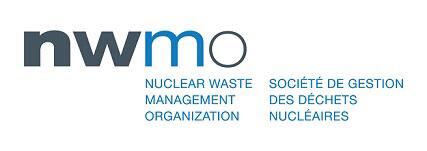Research at the RMTL is supported by two complementary University Network of Excellence in Nuclear Engineering (UNENE) Research Chairs in materials science and engineering. A primary objective of both programs is to develop the next generation of scientists and engineers in close collaboration with the Canadian nuclear industry, other academic institutions, and the international nuclear materials community.
Dr. Mark Daymond
Senior UNENE Research Chair in Nuclear Materials
The goals of the program are to understand the materials of the CANDU fuel channel, and in particular impacts of processing choices and their aging mechanisms. The research currently concentrates on the effect of manufacturing variables on the properties, microstructure and texture of pressure tubes, the anisotropic creep of Zr-2.5Nb, the plastic anisotropy of Zr-2.5Nb, Zircaloy-2, the behaviour of hydrides in bulk Zr- 2.5Nb, delayed hydride cracking of Zr-2.5Nb, irradiation induced degradation of X-750 spacers.
Dr. Suraj Persaud
UNENE Research Chair in Corrosion Control and Materials Performance
The objective of the program is to advance the understanding of metallic corrosion in nuclear-relevant environments, with emphasis on CANDU reactor designs. Research applies innovative microscopy methods, electrochemical methods, and high temperature corrosion testing to understand degradation of Ni-based and Fe-based alloys. Generally, phenomena of interest include: passivity breakdown, dealloying, stress corrosion cracking (SCC), high temperature oxidation, and irradiation effects on corrosion.
Dr. Yanwen Zhang
Canada Excellence Research Chair (CERC) in Impact of Radiation on Energy and Advanced Technologies
The research addresses both fundamental and applied aspects of equilibrium and non-equilibrium defect dynamics and radiation effects. Focusing on the electronic and atomic levels, extending up to bulk materials, we investigate materials properties relevant to nuclear reactor structural applications. The broad goal is to understand deformation tolerance and structural stability of materials under far-from-equilibrium conditions, enabling the rapid development and nuclear qualification of materials to meet the growing demands for safe and economical performance in harsh and aggressive in-service environments.





